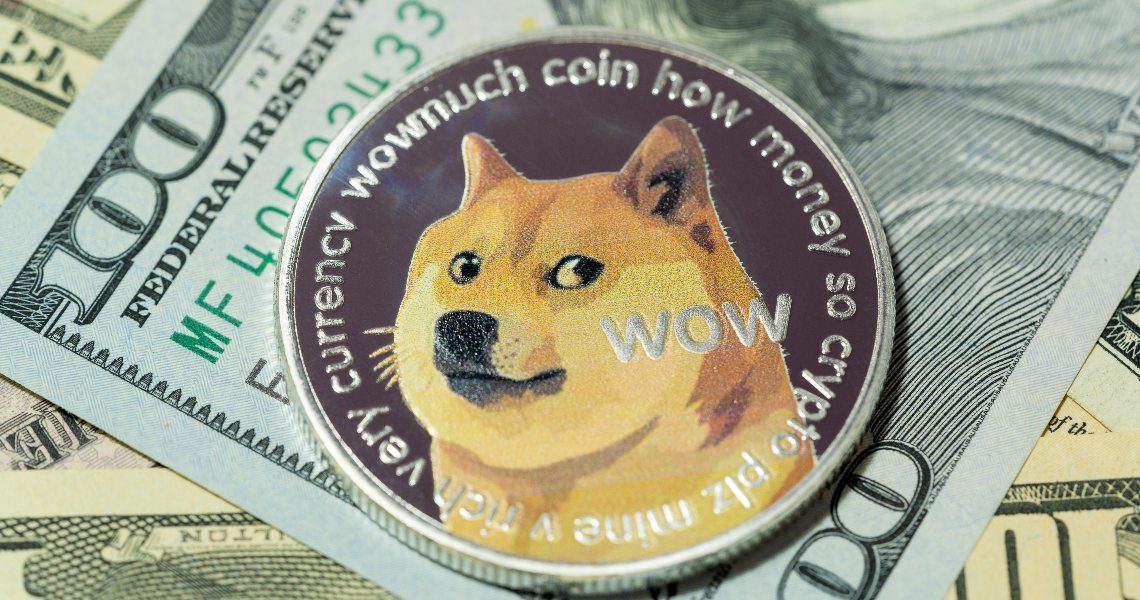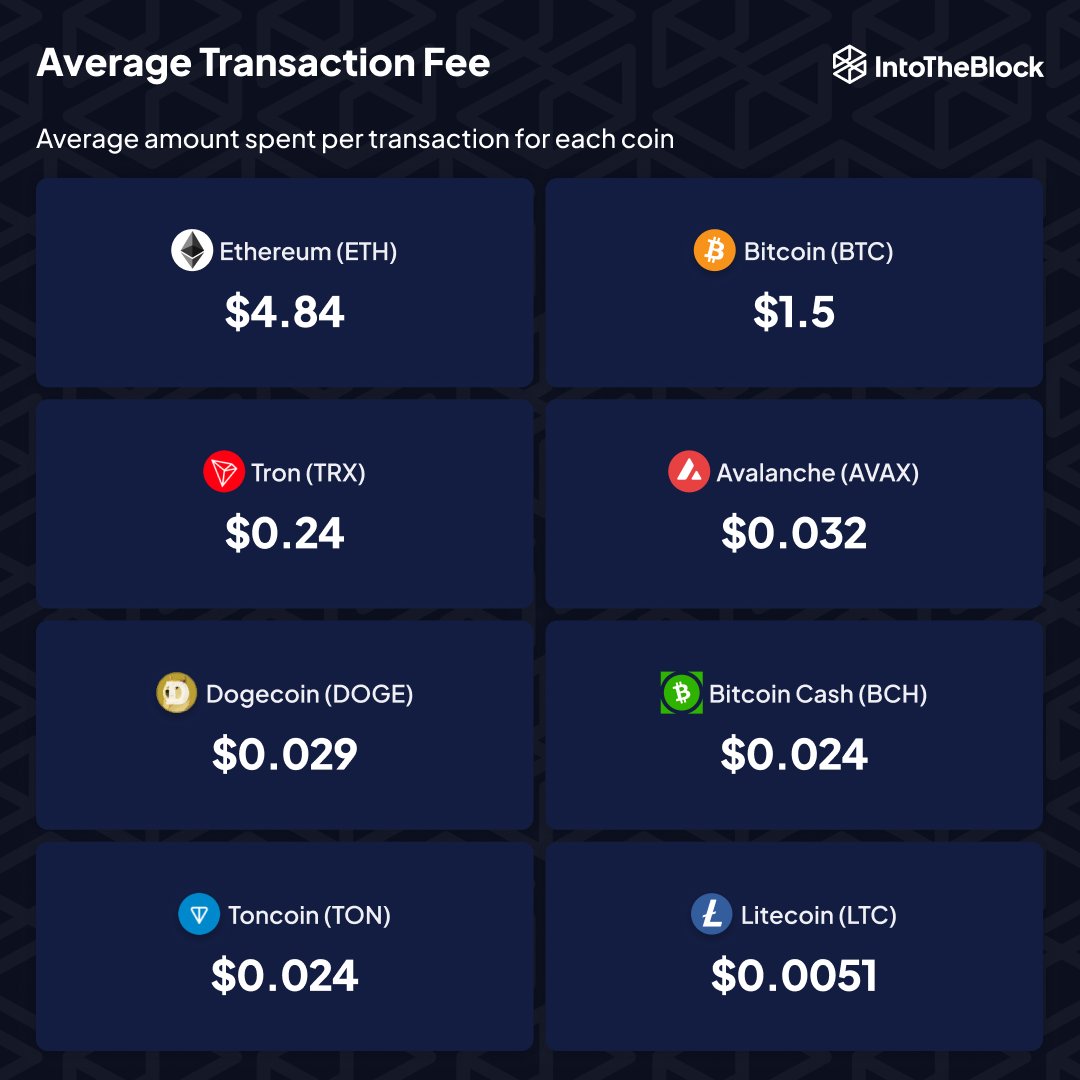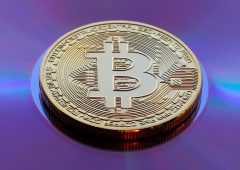Dogecoin’s Low Fees Shine in Blockchain Transaction Cost Comparison
15.01.2025 21:00 1 min. read Kosta Gushterov
Dogecoin's transaction fees currently average $0.029, placing it among the more cost-efficient blockchain networks.
According to recent data, transaction fees—the small amount paid to blockchain validators—vary significantly across leading networks. These fees fluctuate based on network activity, with higher traffic often driving up costs as validators prioritize transactions offering the highest fees. During quieter periods, fees naturally decline due to reduced competition.
The infographic analyzed the average transaction fees of eight networks: Bitcoin (BTC), Ethereum (ETH), Dogecoin (DOGE), Tron (TRX), Toncoin (TON), Litecoin (LTC), Avalanche (AVAX), and Bitcoin Cash (BCH). Ethereum tops the chart with an average fee of $4.84, making it the priciest network. Bitcoin follows with an average fee of $1.50, significantly lower than Ethereum but still higher than its peers.
In contrast, Dogecoin, Avalanche, Bitcoin Cash, and Toncoin maintain fees between $0.024 and $0.032, offering low-cost alternatives despite handling significant transaction volumes. Tron, while more expensive than these networks, averages $0.24 per transaction—still far below Ethereum and Bitcoin.
Among these, Litecoin stands out for its exceptional affordability. Users on its network pay an average fee of just $0.0051, highlighting its efficiency. Dogecoin, with its substantial market cap and high transaction volume, offers an attractive balance of affordability and network utility, further solidifying its appeal among blockchain networks.
-
1
Crypto Company Abandons Bitcoin Mining to Focus Entirely on Ethereum Staking
26.06.2025 20:00 1 min. read -
2
Altcoin Market May Be on the Verge of Major Rally, Analyst Suggests
27.06.2025 14:00 2 min. read -
3
Trump-Linked Crypto Project WLFI Prepares for Token Listing and Stablecoin Audit
27.06.2025 11:00 2 min. read -
4
New Meme Coin to Watch: TOKEN6900 Presale Tipped as Next SPX6900
01.07.2025 20:59 4 min. read -
5
TRON (TRX) Eyes Breakout as Bollinger Bands Signal Squeeze
30.06.2025 13:00 2 min. read
What’s Next for XRP if it Breaks Above $3? Analyst Outlines Bullish Targets
XRP is drawing growing attention from traders as it hovers just below a major psychological and technical level: the $3 mark. At the time of writing,
List of Altcoins Seeing Strong Outflows as Binance Signals Shift
Altcoins are being pulled off the world’s largest exchange in droves, signaling a wave of institutional accumulation and long-term holding, according to new data from CryptoQuant.
SOL Price Tests Key Level: Can a Weekly Close Above $170 Trigger a Bull Run?
Solana (SOL) is approaching a critical technical level that could trigger a major breakout. According to crypto analyst Ali Martinez, a weekly close above $170 may ignite a new bull run and potentially open the door for a rally toward the $2,000 mark.
Ethereum and Solana 2025 Update: Upgrades, Growth, and What’s next
Smart contract platforms Ethereum and Solana are shaping the crypto market’s future with big upgrades and shifting strategies.
-
1
Crypto Company Abandons Bitcoin Mining to Focus Entirely on Ethereum Staking
26.06.2025 20:00 1 min. read -
2
Altcoin Market May Be on the Verge of Major Rally, Analyst Suggests
27.06.2025 14:00 2 min. read -
3
Trump-Linked Crypto Project WLFI Prepares for Token Listing and Stablecoin Audit
27.06.2025 11:00 2 min. read -
4
New Meme Coin to Watch: TOKEN6900 Presale Tipped as Next SPX6900
01.07.2025 20:59 4 min. read -
5
TRON (TRX) Eyes Breakout as Bollinger Bands Signal Squeeze
30.06.2025 13:00 2 min. read



